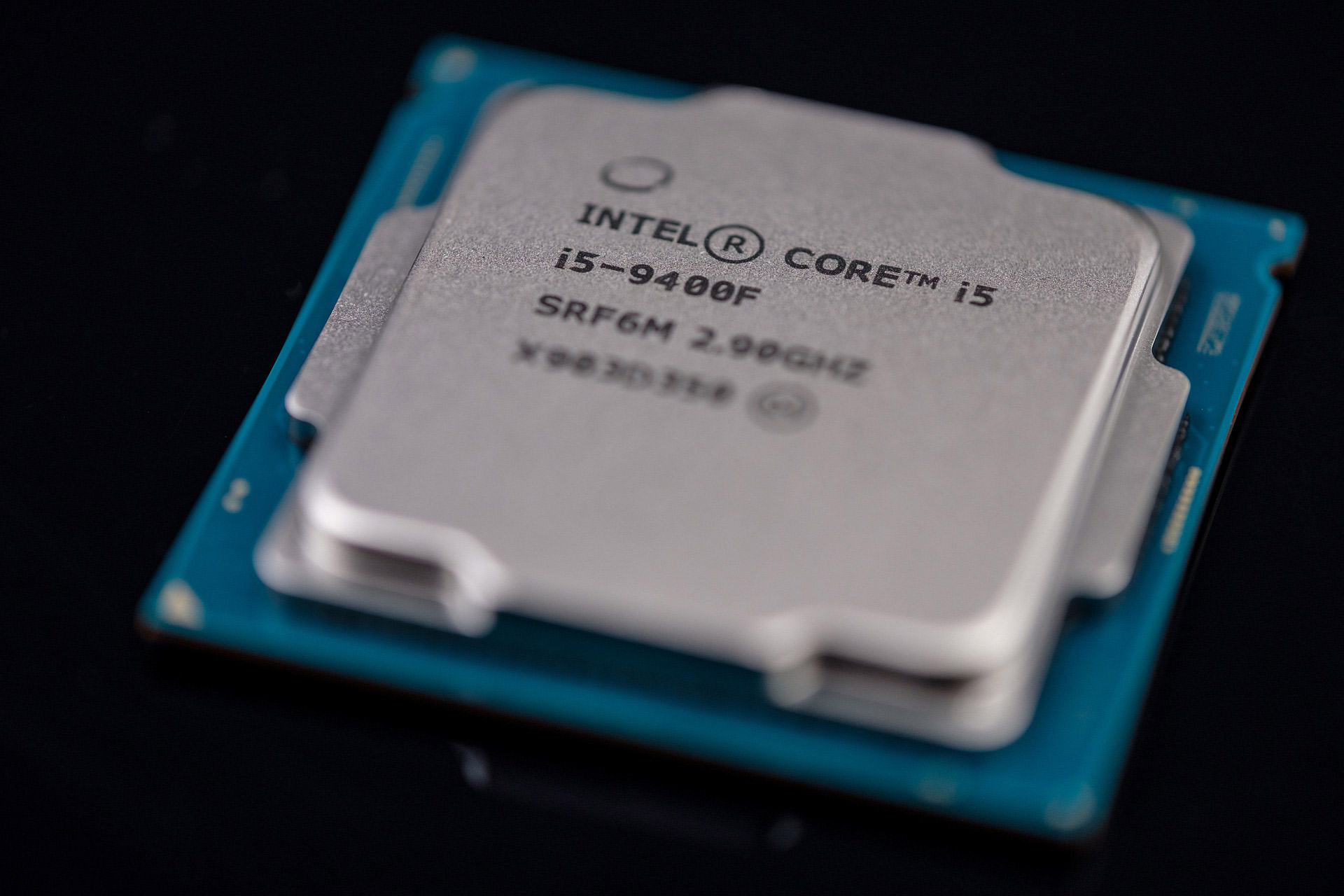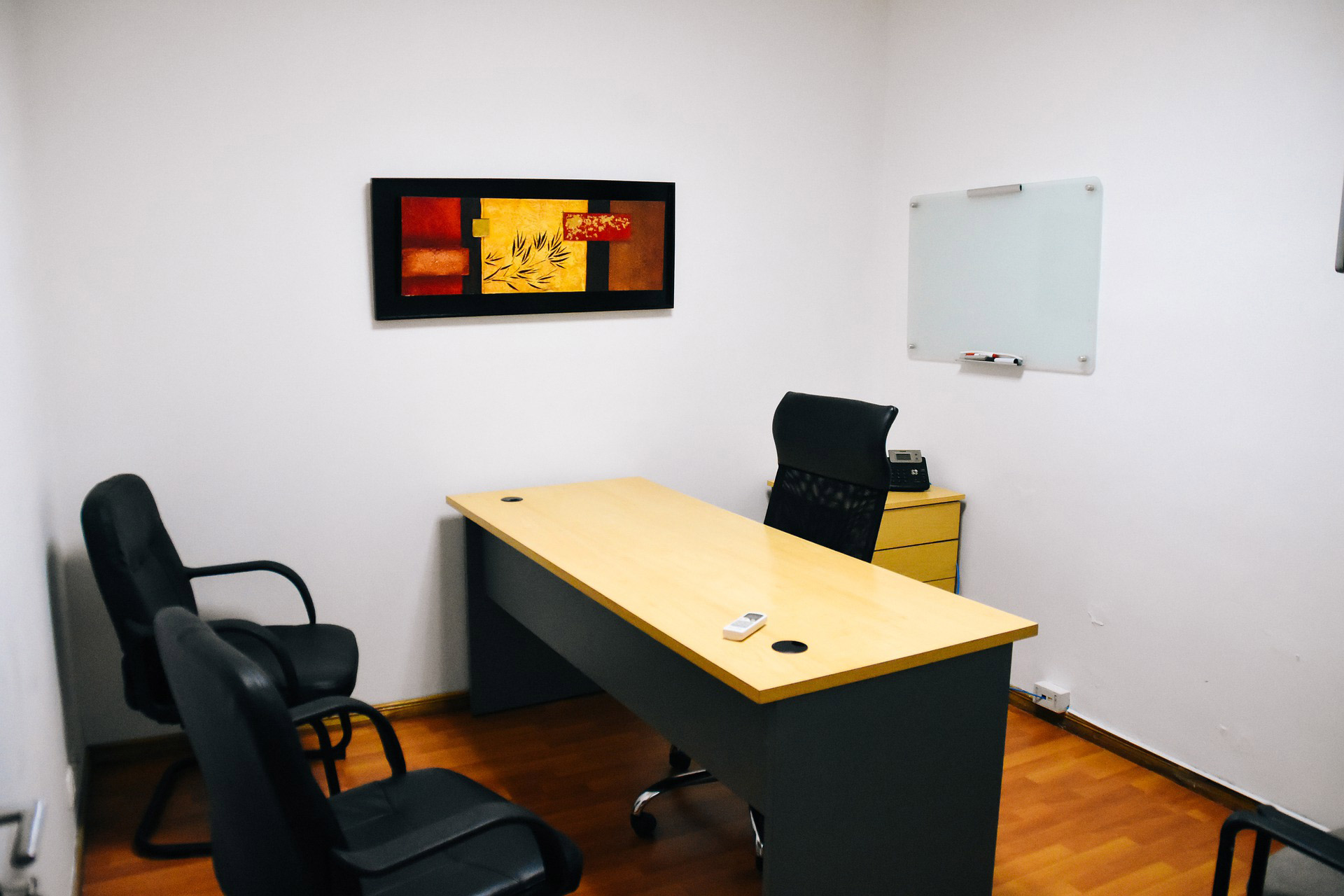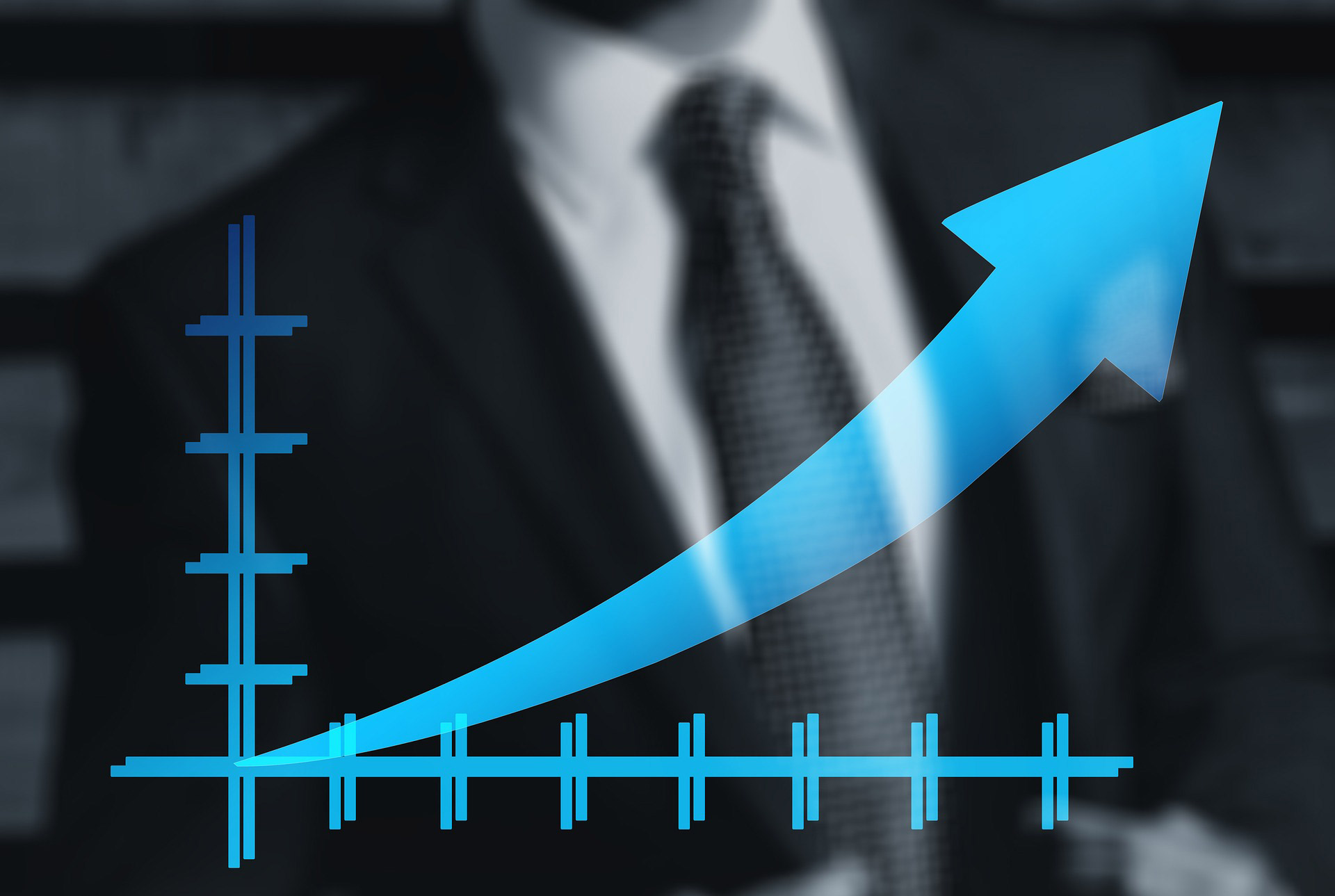Story of Intel is a cautionary tale. You can’t sit on your laurels no matter how large or profitable you are. Ground can shift under you any time. It was the bluest of the blue chips in the valley and had one of the strongest CEO to lead it for a long time. Andy Grove was famous for his quip that only the paranoids survive. For a long time he had a newspaper advice column a la “Dear Abbey”, where he dispensed management advice to all comers. He clearly did not prepare the company for the long haul as it has floundered ever since he left the helm. It had become very insular and developed a strong NIH (not invented here) syndrome. It also lost track of what its core competency was. Was it the chip design or chip manufacturing? It got fat dumb and happy during its monopoly days and missed the whole shift to mobile computing. Its Manufacturing Fabs got lazy as they had assured in-house business and did not have to compete with scrappy players out of Taiwan and China.
Hopefully, Intel will find its Satya Nadella who will steer the ship back from shoals in to deep blue waters.




